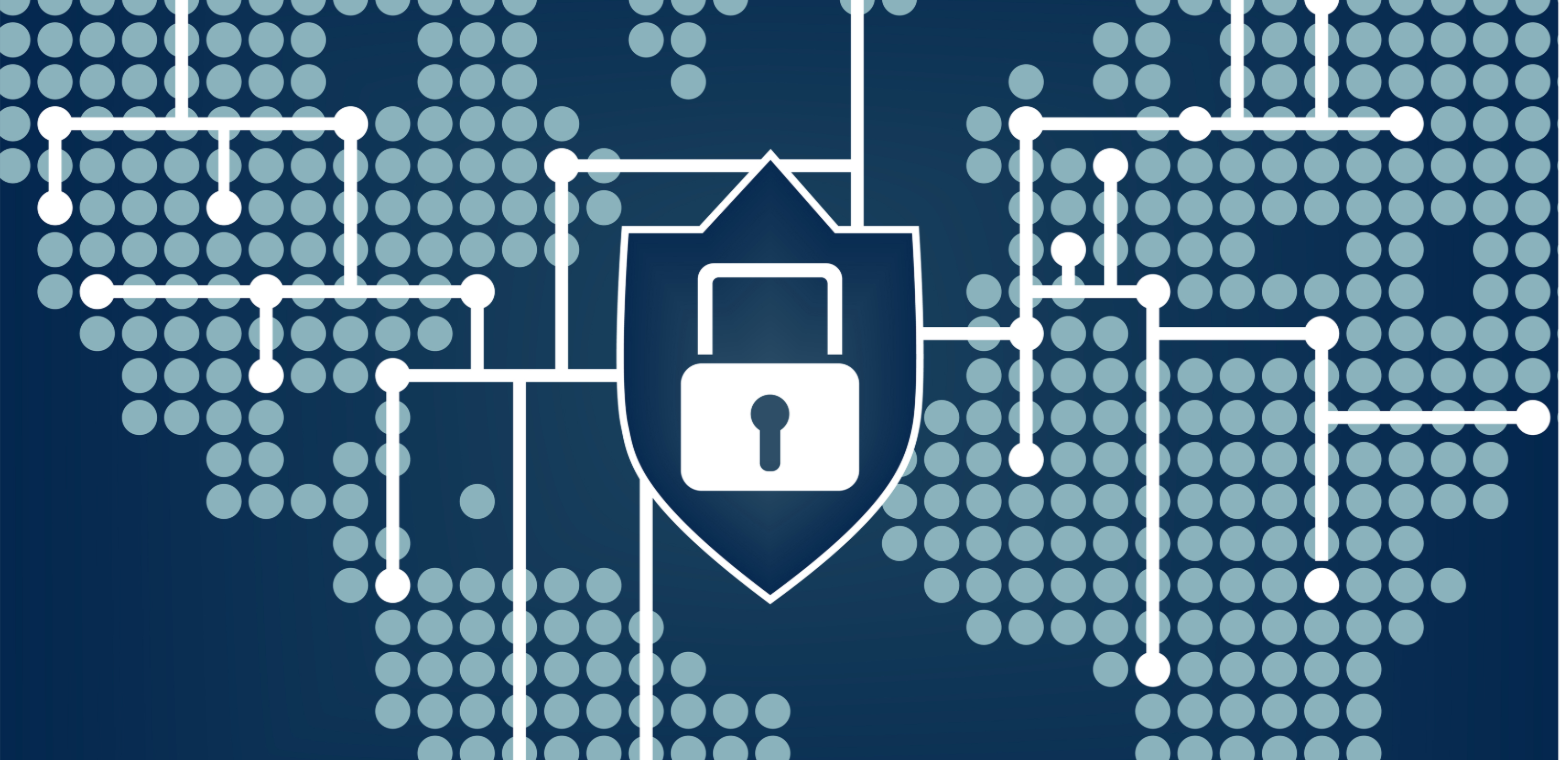NetHope announced the launch of the Partner Collective for the Global Humanitarian Information Sharing and Analysis Center (Global Humanitarian ISAC) during its recent 2024 NetHope Global Summit. This initiative unites a group of organizations dedicated to providing funding, expertise, tools, and technology to support the Global Humanitarian ISAC mission of enhancing cybersecurity for global humanitarian and conservation nonprofits.
Okta and Cisco are leading this effort joined by BeyondID, the NGO-ISAC, SANS, and Slack, which will each play a role in delivering the necessary support for the Global Humanitarian ISAC impact. NetHope and Okta announced a $2.5 million commitment over five years to support the Global Humanitarian ISAC.
Cyberattacks against organizations continue to rise. Digital safety at international nongovernmental organizations (NGOs) is essential for protecting the vulnerable populations they serve and their employees. As cybersecurity risks have become increasingly complex, solitary defense is no longer an option.
According to data in NetHope’s 2024 State of Humanitarian and Development Cybersecurity Report, 65% of its nonprofit members surveyed reported experiencing a security breach in the preceding 12 months and more than half are not confident their cybersecurity is a well-managed risk. The impact can have dire consequences and lives are at risk. In 2022, the International committee of the Red Cross (ICRC), a NetHope member, discovered a sophisticated cyber-attack on their services hosting personal data of more than 515,000 vulnerable conflict-affected people using family reunification services. The Red Cross was forced to temporarily halt a program that reunites families torn apart by violence, migration or other tragedies.
According to a statement from NetHope’s leaders, NetHope is committed to driving multi-sector, collaborative, and strategic approaches with an emphasis on insights and skills-sharing, global co-creation, and long-term commitment to protect digital rights.
The Global Humanitarian ISAC serves as the central platform that enables governments, funders, technology companies, and other trusted providers to support the spectrum of information security needs of nonprofits and the communities they serve. By addressing key gaps and barriers to nonprofit cybersecurity, the Global Humanitarian ISAC delivers stronger protection of sensitive information and effective cyber defense that reduces the likelihood of harm to beneficiaries, as well as the economic and/or reputational loss to nonprofits from cyber risks.
The Global Humanitarian ISAC provides a shared space and a platform for improved communication and collaboration on security issues. By facilitating greater information exchange and joint training initiatives, it promises to enable humanitarian, aid, and development organizations and the ecosystem of stakeholders they engage with to operate more securely in complex environments. Overall, strengthened coordination raises baseline capabilities and fosters a more unified approach to safeguarding critical humanitarian initiatives worldwide.
With a design validated by 30 organizations and 10 partners, the Global Humanitarian ISAC meets the specific needs of nonprofits and offers solutions for:
- Surfacing cyber threats and implementing context-specific defenses.
- Training and building capacity among nonprofit staff for digital threat response.
- Supplying tools and technologies to monitor and respond to cyber risks.
NetHope’s research illuminates the interconnected nature of the deficits nonprofits face in their digital protection and cybersecurity. For many nonprofits, the lack of resources and expertise poses a significant barrier to building strong digital defenses, leaving sensitive data and critical services vulnerable to cyberattacks.
In NetHope’s 2024 State of Humanitarian and Development Cybersecurity Report, 65% of nonprofit Members surveyed reported experiencing a security breach in the preceding 12 months and more than half are not confident their cybersecurity is a well-managed risk. The impact can have dire consequences and lives are at risk. In 2022, the International committee of the Red Cross (ICRC), a NetHope Member, discovered a sophisticated cyber-attack on their services hosting personal data of more than 515,000 vulnerable conflict-affected people using family reunification services. The Red Cross was forced to temporarily halt a program that reunites families torn apart by violence, migration or other tragedies.
